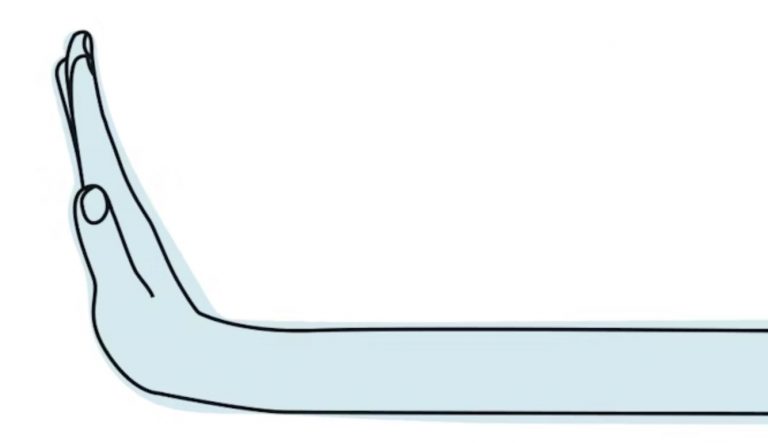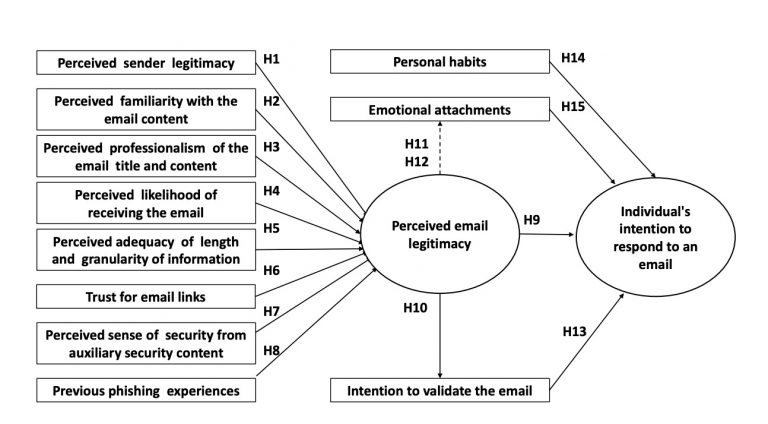Why facts don’t change our minds

The Enigma of Reason
by Hugo Mercer and Dan Sperber
Harvard University Press
April 2019, 408 pages
Reason, we are told, is what makes us human, the source of our knowledge and wisdom. If reason is so useful, why didn’t it also evolve in other animals? If reason is that reliable, why do we produce so much thoroughly reasoned nonsense? In their groundbreaking account of the evolution and workings of reason, Hugo Mercier and Dan Sperber set out to solve this double enigma. Reason, they argue with a compelling mix of real-life and experimental evidence, is not geared to solitary use, to arriving at better beliefs and decisions on our own. What reason does, rather, is help us justify our beliefs and actions to others, convince them through argumentation, and evaluate the justifications and arguments that others address to us.
In other words, reason helps humans better exploit their uniquely rich social environment. This interactionist interpretation explains why reason may have evolved and how it fits with other cognitive mechanisms. It makes sense of strengths and weaknesses that have long puzzled philosophers and psychologists: why reason is biased in favor of what we already believe, why it may lead to terrible ideas and yet is indispensable to spreading good ones.
Hugo Mercier is a researcher at the French National Center for Scientific Research (CNRS), working in the Cognitive Science Institute Marc Jeannerod in Lyon.
Dan Sperber is a researcher in the Departments of Cognitive Science and of Philosophy at the Central European University, Budapest, and in the Institut Jean Nicod at the École Normale Supérieure, Paris.
> See also: review/reflection by Elizabeth Kolbert in the New Yorker
“Stripped of a lot of what might be called cognitive-science-ese, Mercier and Sperber’s argument runs, more or less, as follows: Humans’ biggest advantage over other species is our ability to cooperate. Cooperation is difficult to establish and almost as difficult to sustain. For any individual, freeloading is always the best course of action. Reason developed not to enable us to solve abstract, logical problems or even to help us draw conclusions from unfamiliar data; rather, it developed to resolve the problems posed by living in collaborative groups.”



